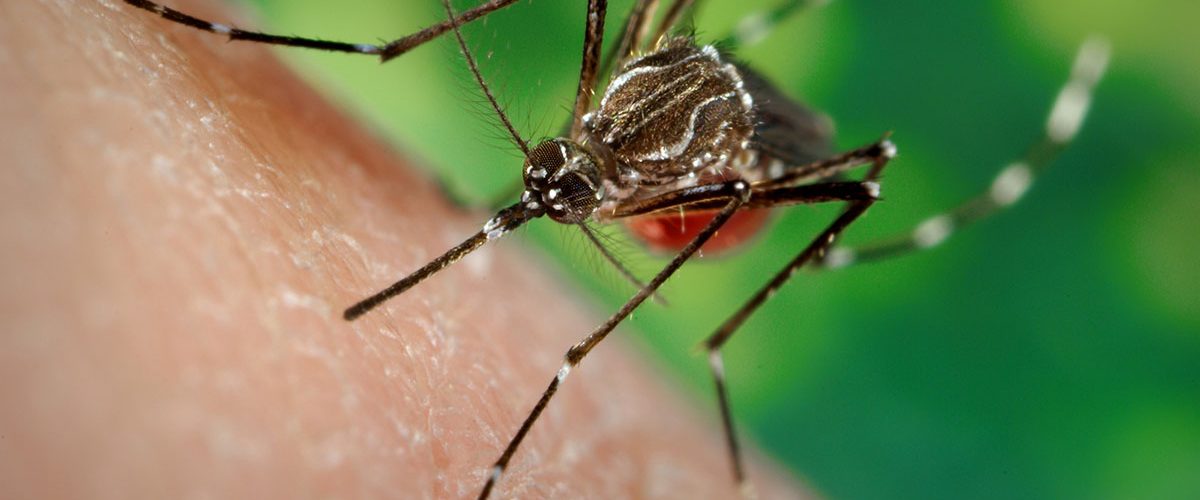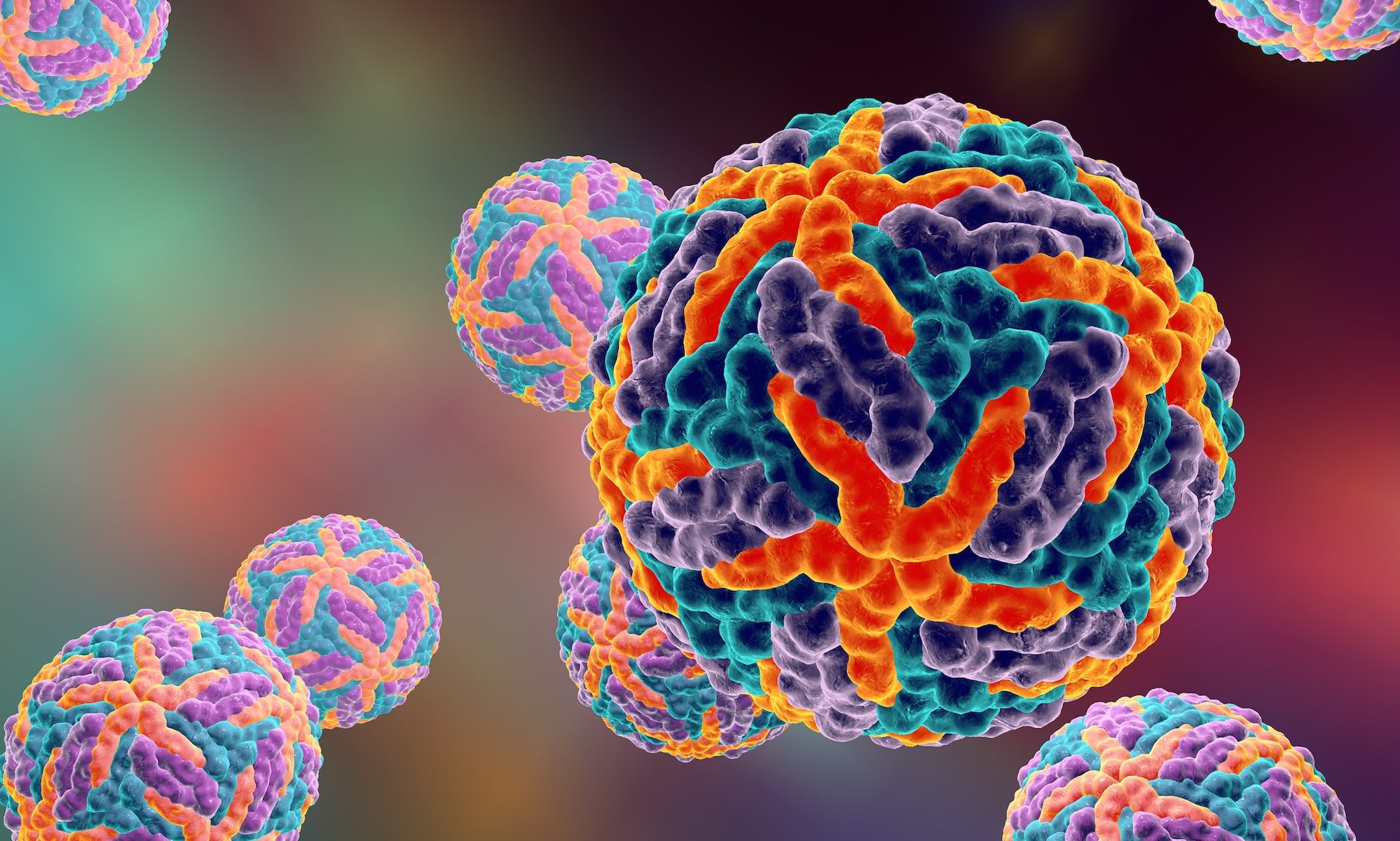The warning came amidst the World Health Organization’s report of over five million dengue infections and 5,000 deaths worldwide from the disease this year.
Speaking to journalists at the UN in Geneva, Dr. Diana Rojas Alvarez, WHO Team Lead on Arboviruses, emphasized that the situation demanded “the utmost attention and response from all levels” of the UN health agency to assist countries in managing ongoing dengue outbreaks and preparing for the upcoming season.
Dengue, the most prevalent viral infection transmitted by mosquitoes, predominantly affects urban areas in tropical and subtropical climates.
The increase in reported dengue cases across more countries is attributed to the spread of infected mosquitoes into new regions due to global warming linked to rising emissions.
“Climate change affects dengue transmission by increasing rainfall, humidity, and temperature,” explained Dr. Alvarez. “These mosquitoes are highly sensitive to temperature.”
While four billion people are at risk of dengue, most infections are asymptomatic, with patients typically recovering within one to two weeks.
Severe cases of dengue, characterized by shock, severe bleeding, or organ failure, pose a significant threat, often manifesting symptoms after the fever has subsided, catching caregivers and medical professionals off guard.
Warning signs include intense abdominal pain, persistent vomiting, bleeding gums, fluid accumulation, lethargy, restlessness, and liver enlargement.

As there is no specific treatment for dengue, early detection and access to appropriate medical care are critical in reducing mortality rates from severe dengue.
“Since the beginning of this year, over five million cases and about 5,000 deaths from dengue have been reported worldwide, with nearly 80 per cent of cases in the Americas, followed by Southeast Asia and the Western Pacific,” Dr. Alvarez reported.
She also expressed concern over dengue outbreaks in fragile and conflict-affected countries in the eastern Mediterranean region, including Afghanistan, Pakistan, Sudan, Somalia, and Yemen.
The global distribution of mosquitoes has shifted in recent years due to the 2023 El Niño phenomenon, which exacerbated the impacts of global warming and climate change, according to the WHO.
Both factors have led to previously dengue-free countries such as France, Italy, and Spain reporting instances of local transmission—known as autochthonous transmission—rather than imported cases.
The primary vector for the disease is the Aedes aegypti mosquito, commonly referred to as the “tiger mosquito,” which is widespread in Europe.
“Typically, Europe reports imported cases from the Americas, the Western Pacific, and endemic regions,” noted Dr. Alvarez.
“However, this year, we observed isolated clusters of autochthonous transmission. Summers are indeed becoming warmer.”
